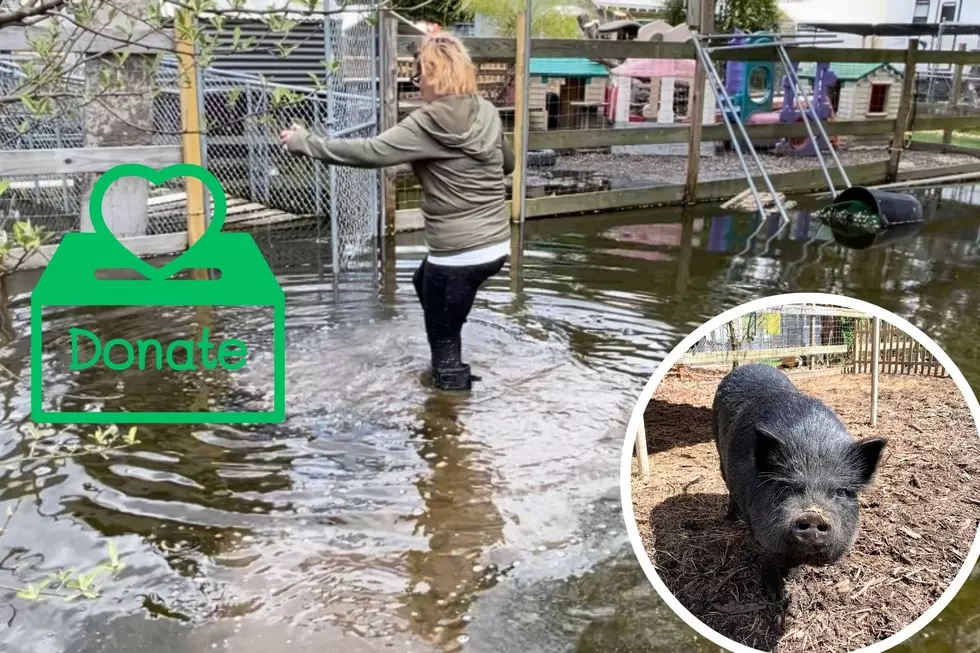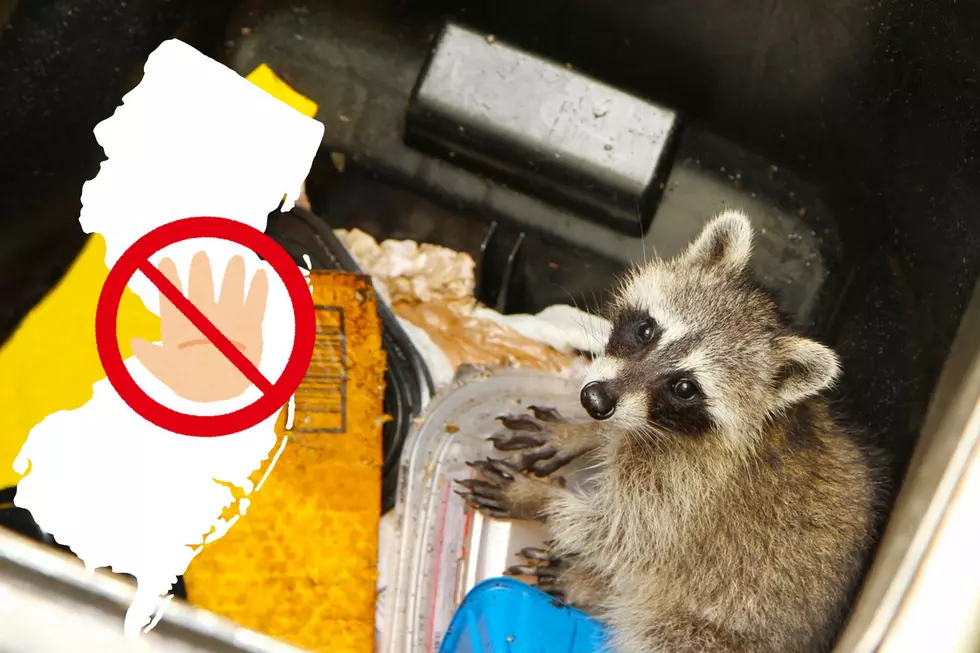
How to Prepare for a Disaster with Your Pets
One of the headlines that circulated around social media during Hurricane Florence was about all of the pets left behind. Unfortunately, many pets are left behind during a natural disaster. The Humane Society of the United States and the American Red Cross came up with a plan for your pets if you are ever in the middle of a natural disaster.
The Atlantic County Animal Shelter has a link on their website directing to ReadyAtlantic.org, for residents to inform them on what to do. Unfortunately, if you have to evacuate your home the place where you are going may not accept pets. This leaves owners between a rock and a hard place. What do you do if you have no where to bring your pets to in order to keep them safe?
According to the page, "Red Cross disaster shelters cannot accept pets because of states' health and safety regulations and other considerations." They recommend not waiting until the last minute to devise your plan of action. Some hotels will waive their no pets rule in emergency situations. ReadyAtlantic.org created a PDF with pet friendly hotels in Atlantic County. Of course they also suggest reaching out to friends and family. Some animal shelters do provide emergency shelter for pets during a disaster.
The Humane Society and Red Cross also provide a list of things you should have on you for your pet including:
- Medication
- Medical records
- Leash
- Collar/Harness
- Carrier
- Current photo of your pet
- Food
- Water
- Cat litter
- Litter pan
- Bowls
- Can opener
- Toys
- Bed
Of course keeping updated identified tags on your cat and/or dog is important at all times, but the site also suggests putting your temporary address on the ID tag. "Attach the phone number and address of your temporary shelter, if you know it, or of a friend or relative outside the disaster area. You can buy temporary tags or put adhesive tape on the back of your pet's ID tag, adding information with an indelible pen."
The most important point that ReadyAtlantic.org wants to make is that under no circumstances should you leave your pets in the home when you evacuate.
More From SoJO 104.9 FM










